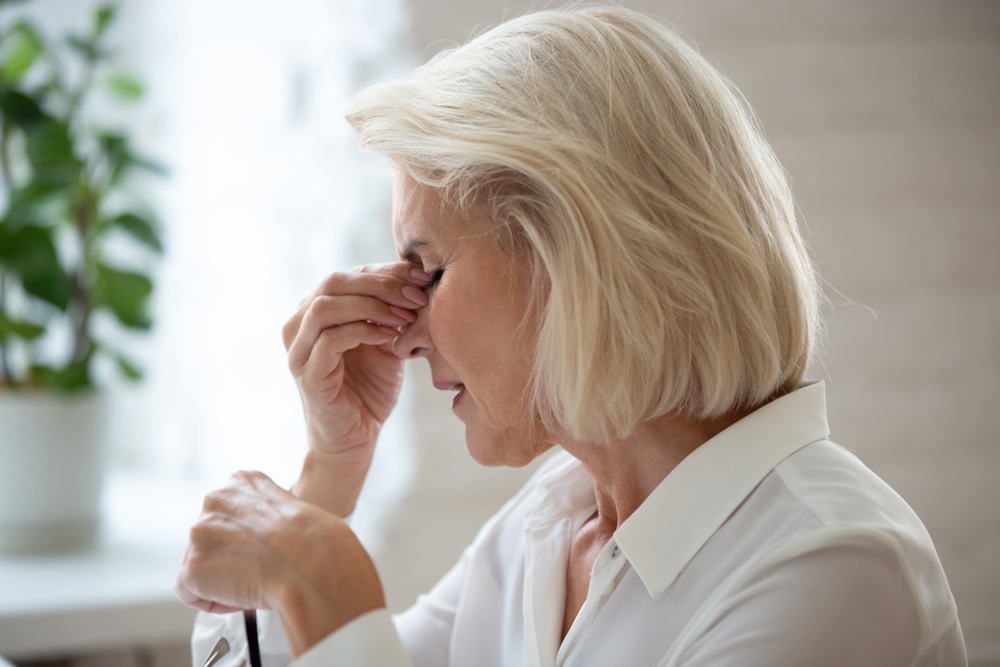
Living with dry eyes isn't just uncomfortable; it can significantly affect your quality of life. Imagine constantly feeling like you have sand in your eyes or battling with persistent redness and irritation. Unfortunately, this is the reality for many people, including myself, who suffer from dry eye. This condition, which is more common than you might think, occurs when your eyes do not produce enough tears or when the tears evaporate too quickly.
What Causes Dry Eyes?
Understanding what causes dry eyes is critical to finding effective treatment. The tear film, which is the thin layer of liquid that covers our eyes, plays a vital role in keeping them healthy and comfortable. It provides lubrication, reduces the risk of infection, and helps ensure clear vision. However, any disruption in the production or quality of the tear film can lead to dry eyes.
There are several reasons why this disruption might occur. For some people, the problem lies in the tear glands. If these glands produce insufficient tears or tears of poor quality, dry eye can result. For others, the issue might be related to the eyelids. If the eyelids do not close properly, the tears can evaporate too quickly, leading to dryness.
Medical Conditions That Can Cause Dry Eyes
Numerous medical conditions can cause or contribute to dry eyes. For instance, diseases that affect tear production, like Sjogren's syndrome and rheumatoid arthritis, can lead to dry eyes. Conditions that affect the eyelids, such as blepharitis and rosacea, can also cause this problem.
Additionally, certain medications can cause dry eyes as a side effect. These include some types of antihistamines, antidepressants, and blood pressure drugs. If you're taking any medication and are experiencing dry eyes, it might be worth discussing this with your doctor.
Environmental Factors Contributing to Dry Eyes
Environmental factors can significantly contribute to dry eyes. For example, spending long hours in front of a computer screen can cause dry eyes. This is because when we focus on a screen, we tend to blink less, which can lead to tear evaporation.
Similarly, dry, windy, or smoky conditions can exacerbate dry eyes by causing tears to evaporate more quickly. Even indoor environments, like air-conditioned or heated rooms, can contribute to dry eyes by reducing the humidity levels.
The Role of Age and Gender in Dry Eyes
Age and gender play crucial roles in dry eyes. As we age, our tear production tends to decrease, making us more susceptible to dry eyes. This is why the condition is more common among older adults.
Regarding gender, women are more likely to develop dry eyes than men. This is mainly due to hormonal changes that occur during pregnancy, menopause, or with the use of oral contraceptives. These changes can affect the tear film and lead to dry eyes.
How to Treat Dry Eyes?
The treatment for dry eyes depends largely on the cause and severity of the condition. For some people, over-the-counter eye drops or artificial tears may be sufficient to provide relief. Others might need prescription medications to reduce inflammation or increase tear production.
In severe cases, procedures may be needed to treat dry eyes. These could include punctal plugs to block tear drainage or surgery to correct eyelid problems. It's important to discuss your symptoms and options with a healthcare professional to determine the best treatment plan for you.
Home Remedies for Dry Eyes
There are also several home remedies you can try to alleviate dry eyes. For instance, applying a warm compress to your eyes can help stimulate tear production and reduce dryness. Increasing your intake of omega-3 fatty acids, which are found in foods like fish and flaxseeds, may also help improve tear quality.
Additionally, taking regular breaks to rest your eyes, especially if you spend long hours in front of a screen, can help prevent tear evaporation. And finally, staying hydrated and maintaining a healthy indoor environment can also contribute to better eye health.
When to See a Doctor for Dry Eyes
If you're experiencing persistent dry eyes and over-the-counter remedies aren't providing relief, it's time to see a doctor. Persistent dry eyes can sometimes be a sign of an underlying health condition that needs to be addressed.
Your doctor will be able to conduct tests to determine the cause of your dry eyes and recommend appropriate treatment. Don't ignore your symptoms - your eyes are essential, and taking care of them should be a priority.
Conclusion
Living with dry eyes can be challenging, but understanding the condition and knowing how to treat it can make a world of difference. There are numerous treatment options available, and simple lifestyle changes can also help reduce dryness and discomfort. If you're experiencing dry eyes, reach out to a eye care professional for advice.
For more information on the reasons your eyes are so dry and how to fix it, visit Optometry Medical Group at our Seattle, Washington, offices. To schedule an appointment, call (206) 888-6128 or (206) 888-6028 today.








